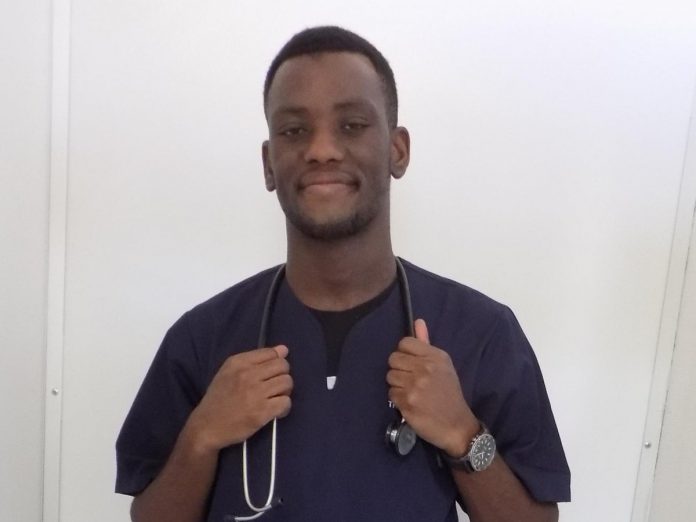
This blog was written by Nursing Now Board Member, Munashe Nyika
Just over eight weeks ago, the outbreak of Coronavirus was declared a public health emergency of international concern by the World Health Organization. On 11th March, it was declared a global pandemic.
At the onset of the outbreak, Africa did not have a confirmed case and was seemingly spared, however on the 14th February, the first case was confirmed in Egypt. Now, there are over 4,000 cases of COVID-19 on the African continent and communities fear the devastating effects that this outbreak will likely have on our health systems. Governments have responded with various measures to combat the outbreak, striving to limit widespread infections. Nurses and other healthcare professionals have stepped up to the frontlines, boldly responding to the COVID-19 crisis. In addition, calls have been made for interventions imposed by governments to be made with a multidisciplinary approach in African settings.
South Africa is now on lockdown, with restricted travel limiting the growing rates of infection. Many other such lockdowns have been imposed in countries across the continent, yet while the lockdowns have proven effective for slowing the spread of the disease, the decision to impose this strategy in Africa has not been made in consultation with communities, where living conditions make social distancing and self-isolation extremely challenging.
In Zimbabwe, high-density areas with people living in crowded rooms, with little ventilation represent the greatest risk. With the lockdown, a heavy hand has been imposed by the government to ensure people stay at home and there has been no provision of basic food supplies to support families during this period. Water supply is erratic and families do not have provisions to obtain sanitisers to assist in hand washing.
The capacity of the health system to absorb the pandemic is very limited. With a limited number of testing kits, it is difficult to monitor rates of infection despite efforts in contact tracing for confirmed cases. In hospitals, nurses were forced to go on strike for a few days because of the lack of personal protective equipment despite confirmed cases in the country. In addition, the capacity to provide critical care is very limited as there are only a few ICU beds with ventilators in the country. There continues however to be widespread education around the outbreak, with the public receiving information through outreach campaigns, television and social media.
With limited capacity to manage the pandemic, greater effort should be made towards containment and prevention of the disease across Africa. Youth leadership and engagement will be critical for prevention and containment activities. The situation certainly seems daunting, and yet there is still hope. A number of civic organisations have come together to support efforts in response to the COVID-19 pandemic. This civic response to COVID-19 has been a show of hope and solidarity among people which is what we need at this point in time.


